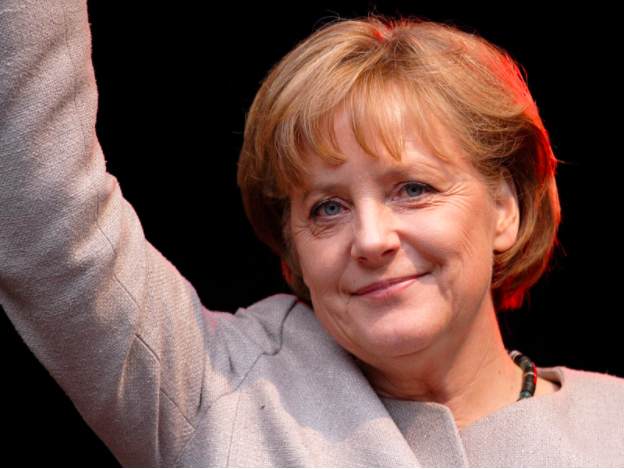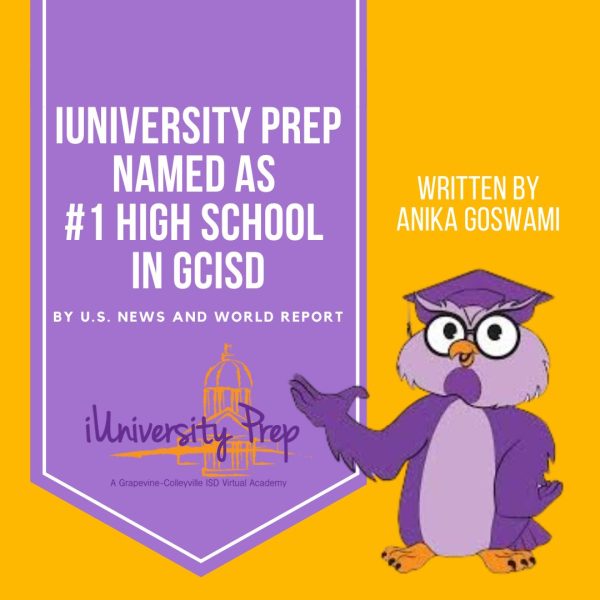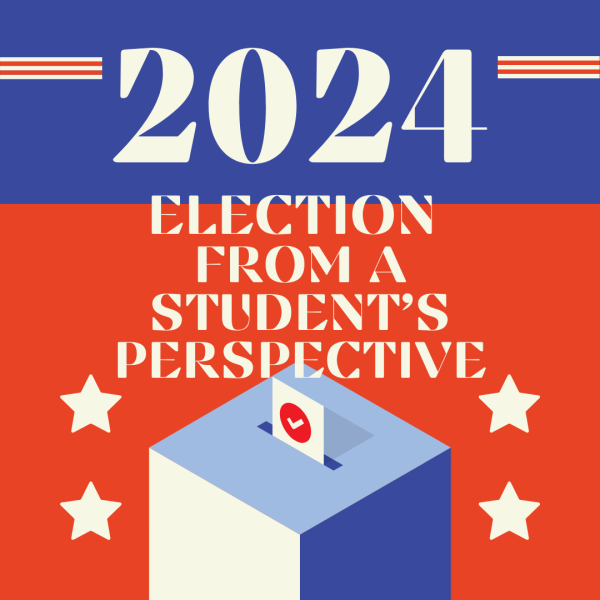MORE DETAIL INTO THE GERMAN ELECTION
More detail into the 2017 German Election
GERMANY- On September 24th, 2017, it was once again time for Germany’s Bundestag, (The German Parliament), to votes its political parties into its seats. Much like the U.S, the German political system renews itself every four years, and relies entirely on the people. Germany and the U.S both have presidents, but while the president in the U.S has Electoral power, the president in Germany has about little to none. The Chancellor of Germany has power equivalent to that of the President of the U.S, and every four years each different party runs for seats in the Bundestag, and tickets a Chancellor that would take office if that party were to win.
While there is only four core parties in the United States, there are at least six to seven core ones that actually gain seats in Germany. The German Christian Democratic Party, Green Party, Christian-Social Union of Bavaria, Social Democratic Party of Germany, Free Democratic Party, and The Left are these core players. The German Christian Democratic party is very economically aligned to the Democratic Party of the U.S, but is socially like the Republicans. They believe that European relationships are vital, and they maintain a good ally with the United States. The results of the election shocked many citizens, and worried them at the same time. Angela Merkel’s Christian Democratic Union of Germany won by a 32.9% of votes, securing 34.7% of Parliament’s seats, along with Merkel herself gaining a fourth term as Chancellor. The Social Democrats gained a upsetting 20.5% of votes from the nation, and were awarded 21.6% of seats. The results of the Social Democrats was particularly concerning due to the fact that they are a very influential post-war group. Before World War Two, this party was forbidden from the nation as the Nazi occupation steadily increased. After the Third Reich fell apart, it was reintroduced along with the CDU, (Christian Democratic Party). Interestingly, the AFD (Alternative for Germany) surged up to be the 3rd largest winner, receiving 12.6% of votes, and being awarded 13.3% of seats. This comes as a shock to many citizens as the AFD, which originated as a anti-euro party, discriminates against immigrants, especially immigrants from Syria and Middle Eastern backgrounds. They strongly forbid the entrance of Muslims into Germany’s borders, not differing from wanting to establish policies the U.S has done already. Different areas around the country gave different percentiles for this particular party. The western side, that was once its own free country, (Was at one time separated from the Eastern side by the Berlin Wall), gave this party a minimal 11% of its votes. The eastern side of Germany, once a communist country, gave 21.5% of it votes, leading to speculation and concern about the stability of post-World War Germany. A party like this is the farthest thing to the “right” that Germany has seen since the Third Reich era, which puts fear into many German citizens. As quoted from the Guardian, “AFD still seems highly controversial. Only 12% of all Germans were “satisfied with the political work” of Alice Weidel, the co-leader of the AFD, with Alexander Gauland.” This news means that there should be little, as for now, political uncertainty to a country that is stable, but has had a very turbulent past. Alexander Gauland, the leader of the AFD says, “This is a great day for our political party history. We are entering the Bundestag for the first time and we will change this country.”
Angela Merkel’s CDU celebrates another success, but her party has definitely underperformed. While the CDU gains many seats in Parliament, and continues to be a dominating force for German politics, the party is slowly weakening in supporters. In the 2013 election, they had 34.1% of support, and in the 2009 election the party acquired 37.2% of support. Because of this, Angela Merkel will soon take office as the German Chancellor. This is her 4th term in this position, and she will continue to make a lasting impact on Germany and Europe. A new era for Germany has just begun, and new and intriguing political adventures have already started to unfold. While Germany’s future is unclear, the many differing voices within the vast country are starting to emerge once again.
By א (Aleph) (Own work) [CC BY-SA 2.5 (https://creativecommons.org/licenses/by-sa/2.5)], via Wikimedia Commons
Above is the attribution for the Public Domain image, this MUST GO IN THE FINAL COPY
NOTE: The quote by Alexander Gauland is from the Guardian website, but it’s his own words. I chose to give him the credit for his speech, instead of the Guardian because I didn’t use what they wrote, just what he said.








Joshua Story • Dec 20, 2017 at 11:32 am
Just for future reference, there’s a difference between discrimination and immigration control. Seeking control of who enters your country isn’t quite the same thing as discrimination. It’s a pretty common mistake these days, though. Otherwise, rather nice article!